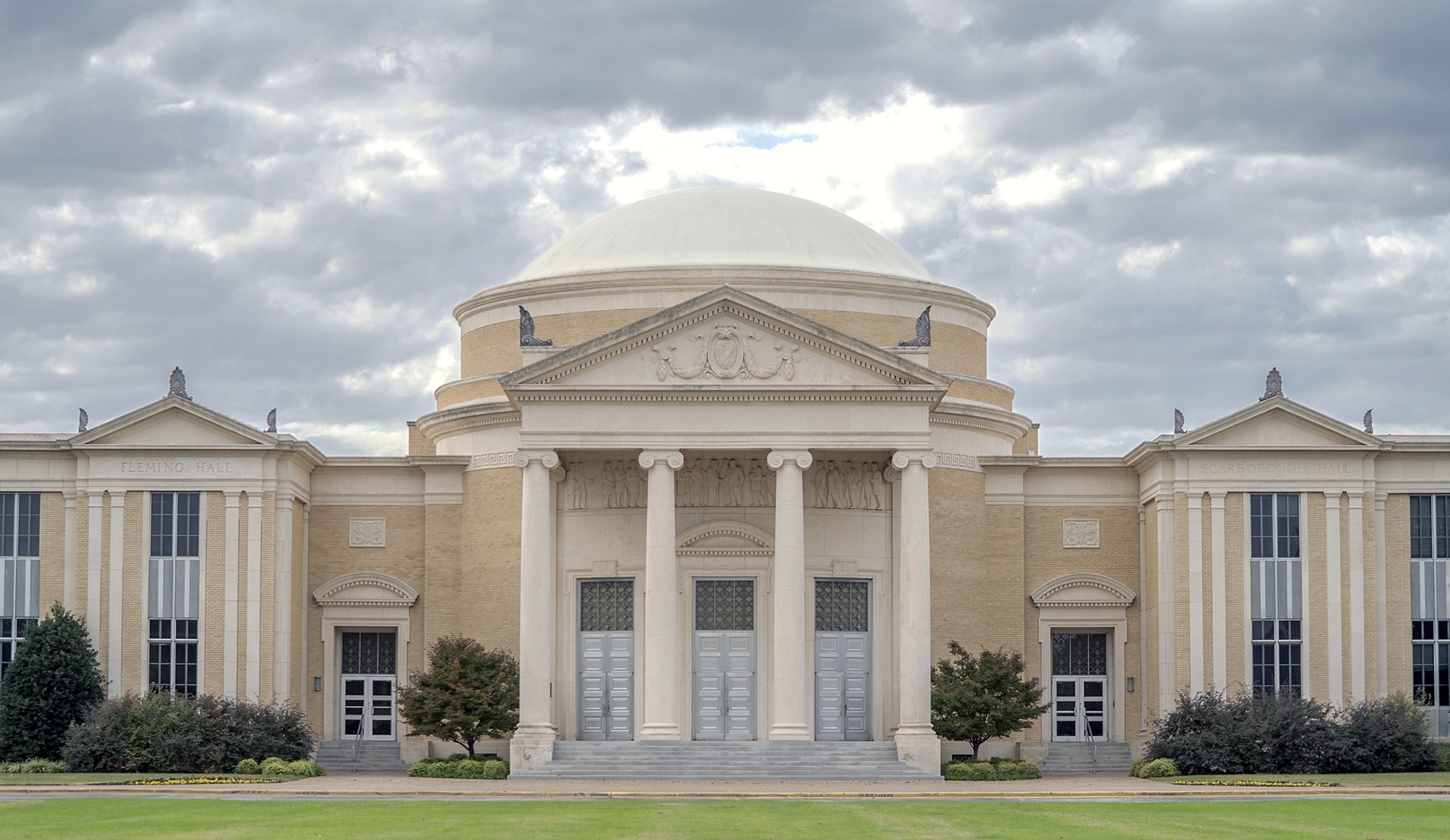
Editor’s note: Adam W. Greenway is ninth president of Southwestern Baptist Theological Seminary and Daniel M. Darling is director of the Land Center for Cultural Engagement the seminary.
FORT WORTH, Texas (BP) – The Dobbs decision is a great day in America for the sanctity of human life, and it’s especially significant for the most vulnerable members of our society who have no voice other than those who have spoken on their behalf in myriad ways, like marching every January in Washington, D.C.
When the Roe decision was issued in 1973 by the Supreme Court, few thought it would be challenged. The idea of a pro-life movement, a movement on behalf of unborn persons, was unthinkable. And yet, year by year, patient activism, led mostly by women, has introduced into America’s moral vocabulary the idea that life at its most vulnerable is worth protecting. March for Life, the annual pro-life event held on the anniversary of Roe v. Wade, was founded by Nellie Gray and is currently led Jeanie Mancini – just two of the women who have had an incalculable impact. Today, that relentless effort has paid off.
In many ways, Roe corrupted our politics by dividing Americans against one another, and, tragically, consigned more than 60 million lives to their premature end. But we must understand that the reversal of Roe is not the end of abortion; it is only the beginning of our work to build what President George W. Bush and others have called a “culture of life.” The conversation around abortion now shifts to the states, where legislatures must take up this debate. A recent survey commissioned by the Land Center for Cultural Engagement at Southwestern Baptist Theological Seminary and conducted by Lifeway Research shows that a majority of Americans favor significant abortion restrictions and see the unborn as full human persons.
We believe this is the result of patient activism on the part of pro-life people as well as the advent of new technologies that have given multiple generations of Americans a window into the womb. And yet, as Christians, we come to this moment guided by the vision laid out in Scripture. The Book of Genesis tells us that every human life is “made in the image of God” (Genesis 1:26). There are no disposable humans in God’s economy. King David wrote poignantly in Psalm 139 how God “knit me together in my mother’s womb.”
We understand that the Dobbs ruling will also mean that those of us who champion the sanctity of unborn life should be ready to welcome those lives into our churches and communities, and we are ready to do so. Pregnancy resource centers in almost every community are led by loving volunteers and staff who can walk young women in crisis through painful decisions. Our churches are ready to help build a community around families in crisis. And we believe there are government policies at the state and federal levels that can help buoy family life at its most fragile.
We also pray that this decision will not signal a new era of divisive and violent politics, but willingness for us to hear and listen to each other. We pray that the threats of violence against pregnancy resource centers and churches will not take place and if it does, will be met by swift law enforcement action. May we see even those who disagree with us as image-bearers of God.
The Dobbs decision is one for which pro-life citizens have prayed and worked since 1973. This monumental victory is on par with Brown v. Board of Education as it overturns a clearly unjust ruling. Now, we must seize this opportunity to enact just laws that protect unborn human life. More than ever, those who value all human life must demonstrate their commitment not merely with their words, but also by their deeds.
Joining with many other faithful Christians, we pray for the day when abortion will be an unthinkable option because our society truly values all human life.
















